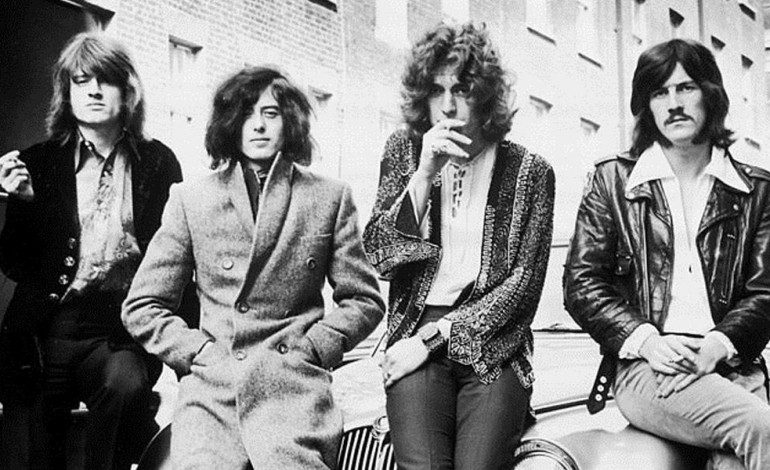

The U.S. Supreme Court has recently been petitioned to review the decisions of the previous two court battles that ruled in Led Zeppelin’s favor over alleged copyright infringement, according to Loudwire.
The case originally began in 2014 when Michael Skidmore, filing on the behalf of Spirit guitarist Randy “California” Wolfe, claimed that the intro to Led Zeppelin’s extremely famous tune, “Stairway to Heaven,” was ‘improperly inspired’ by Spirit’s 1968 song “Taurus.”
In 2016, the Los Angeles district court in charge of the case ruled in Led Zeppelin’s favor on account of the surviving Led Zeppelin members claiming they hadn’t heard the Spirit song. The case was originally appealed on the grounds that the judge “should have told the jury that the selection and arrangement of some musical elements can violate copyright law,” according to the Los Angeles Times.
The three-judge panel from the Ninth Circuit Court of Appeals who had called for the retrial eventually passed a 54-page decision explaining why “Stairway to Heaven” did not infringe on “Taurus.” The importance of this verdict comes from it establishing precedence rather than the outcome itself. One thing the Ninth ruled was that the district court not allowing the jury to hear the original song, “Taurus,” was not an error.
The crux of this decision comes from the ruling that there was no need to invoke the inverse ratio rule of copyright infringement. This rule basically says that the more likely it is that a work has been heard by anyone, the lower the bar needs to be for proving similarity to that work. Deciding not to invoke this rule on the grounds that the songs aren’t similar enough to invoke it added a big new piece of precedent.
Regarding the decision, Skidmore appealed based on this precedent, saying, “The [Ninth Circuit] opinion is a disaster for the creatives whose talent is often preyed upon. By the same token, it is a gift to the music industry and its attorneys — enthusiastically received — by a circuit whose own judge once observed: ‘Our circuit is the most hostile to copyright owners of all the circuits.’ The ‘court of appeals for the Hollywood Circuit’ has finally given Hollywood exactly what it has always wanted: a copyright test which it cannot lose. Portending what is to come, in the days following the decision’s filing multiple major copyright rulings have already dramatically favoured industry defendants. The proverbial canary in the coal mine has died; it remains to be seen if the miners have noticed.”
While the U.S. Supreme Court now has the chance to hear this case, it’s still to be determined whether or not they will hear it. It’s important to note that the Court hears few of the cases that come to its attention.
